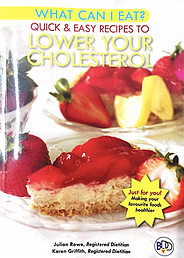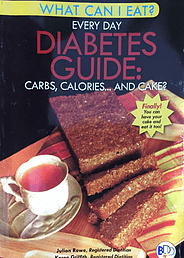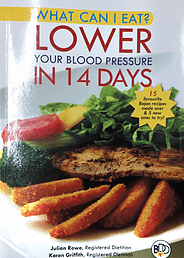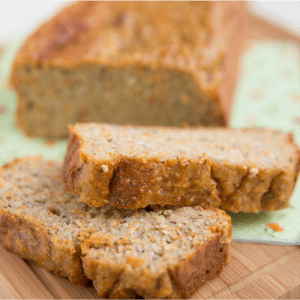In the food and nutrition world, there is a ton of misinformation on how to manage your cholesterol.
Here we share 5 facts on cholesterol, so you have better control of your health journey.
Myth #1: You should avoid eggs, especially the yolks.
Fact: Cholesterol-rich foods, like eggs and shrimp, are no longer completely forbidden.
Research has shown that for most people the cholesterol we eat has only a small effect on blood cholesterol.
Saturated fat and trans fats are bigger concerns. Daily cholesterol limits are 300 mg daily for most people and 200 mg for those at risks such as persons living with diabetes and high blood pressure, persons who have a family history of heart disease, and those who are overweight/ obese and inactive.
Myth #2: Nuts are high in cholesterol.
Fact: Nuts do not contain cholesterol.
Nuts do contain fat but it’s mainly unsaturated fat or ‘good’ fat. The fact is that any kind of nuts, in moderation, can actually help to lower cholesterol so you can enjoy a handful of nuts every day.
Myth 3: Avocado contains cholesterol and should be avoided.
Fact: Avocado does not contain cholesterol.
Like nuts, avocado pear does contain fat but again it is the unsaturated fat, which can help to lower cholesterol. A slice or two of avocado pear should be enjoyed as part of your heart-healthy diet.
Myth 4: Olive oil is good for the heart and can be used freely.
Fact: Olive oil is good for the heart BUT it is also high in calories.
Since weight management is an important part of controlling cholesterol, all high-calorie foods, including olive oil, should be used carefully. Measure oil with a tablespoon rather than pouring straight from the bottle or better still, use a spray so that you can use even less oil when preparing your meals.
Myth 5: Butter is better than margarine
Fact: Butter is high in saturated fat and cholesterol, which means it can contribute to excess cholesterol in the body.
Many kinds of margarine contain trans fats, which also contribute to high cholesterol so does that mean that butter is better than margarine? No – what it means is that if you need a spread you should look for zero trans-fat margarines and use them sparingly.
To read more myths and facts about cholesterol, as well as tips and recipes about managing cholesterol check out our book “What can I eat? – Lower Your Cholesterol”.






